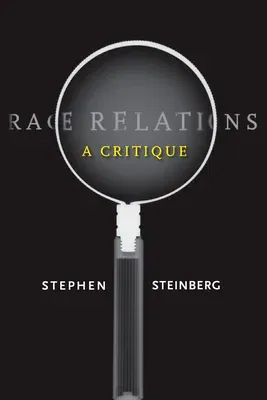Stephen Steinberg offers a bold challenge to prevailing thought on race
and ethnicity in American society. In a penetrating critique of the
famed race relations paradigm, he asks why a paradigm invented four
decades before the Civil Rights Revolution still dominates both
academic and popular discourses four decades after that revolution.
On race, Steinberg argues that even the language of "race relations"
obscures the structural basis of racial hierarchy and inequality.
Generations of sociologists have unwittingly practiced a "white
sociology" that reflects white interests and viewpoints. What happens,
he asks, when we foreground the interests and viewpoints of the victims,
rather than the perpetrators, of racial oppression?
On ethnicity, Steinberg turns the tables and shows that the early
sociologists who predicted ultimate assimilation have been vindicated by
history. The evidence is overwhelming that the new immigrants, including
Asians and most Latinos, are following in the footsteps of past
immigrants--footsteps leading into the melting pot. But even today,
there is the black exception. The end result is a dual melting pot--one
for peoples of African descent and the other for everybody else.
Race Relations: A Critique cuts through layers of academic jargon to
reveal unsettling truths that call into question the nature and future
of American nationality.

